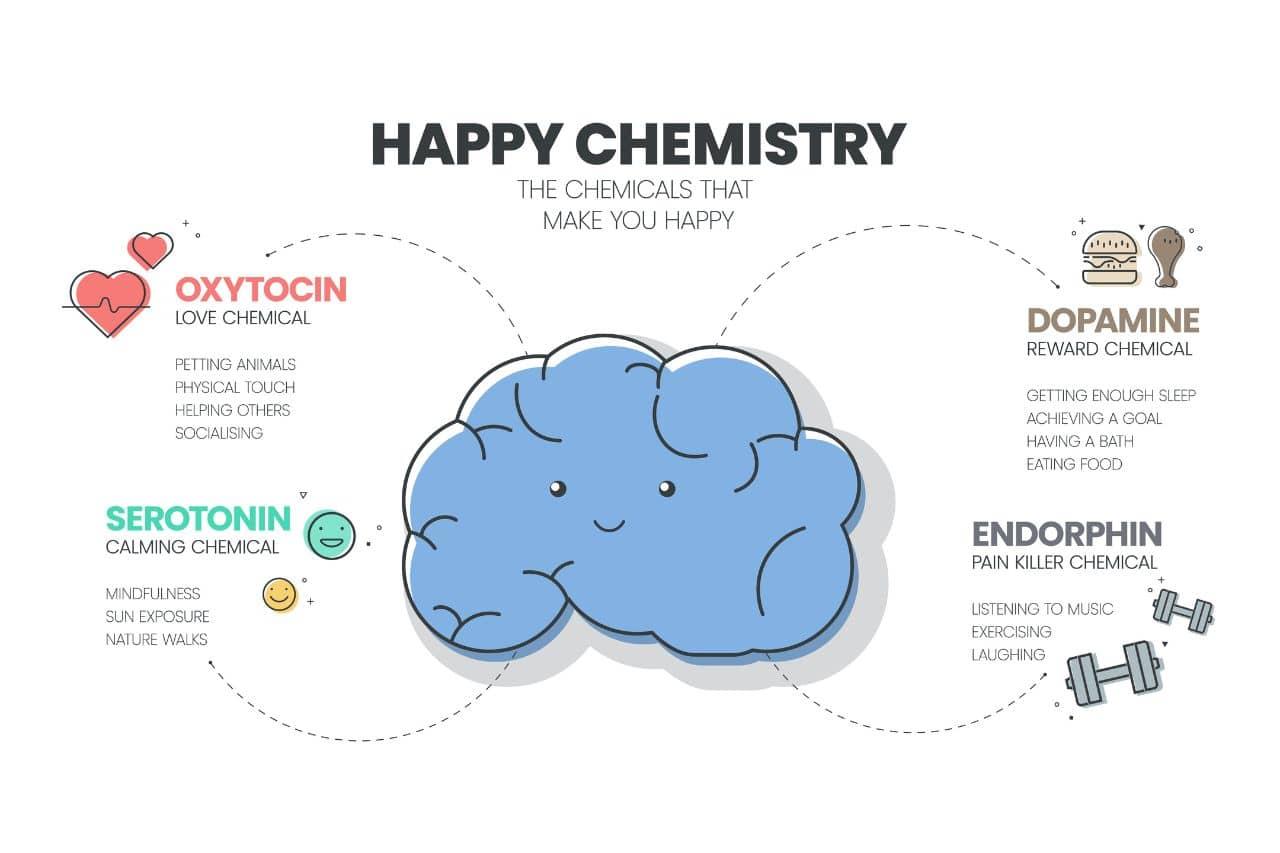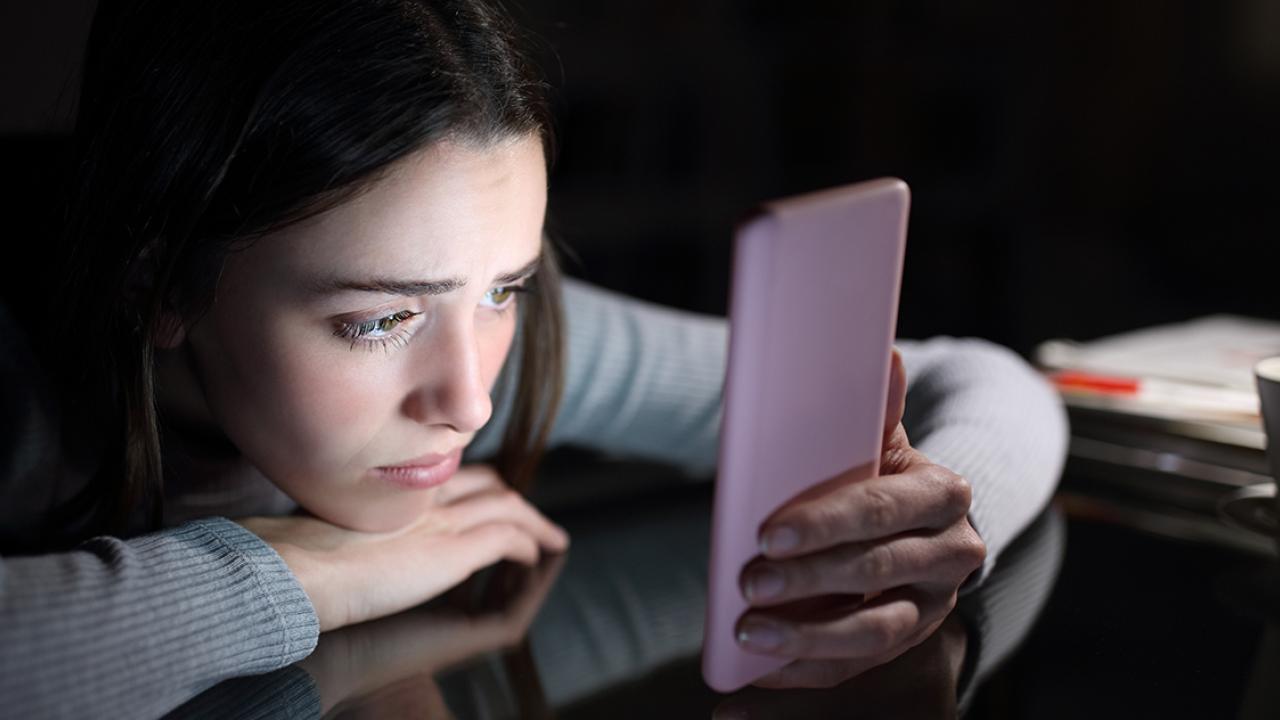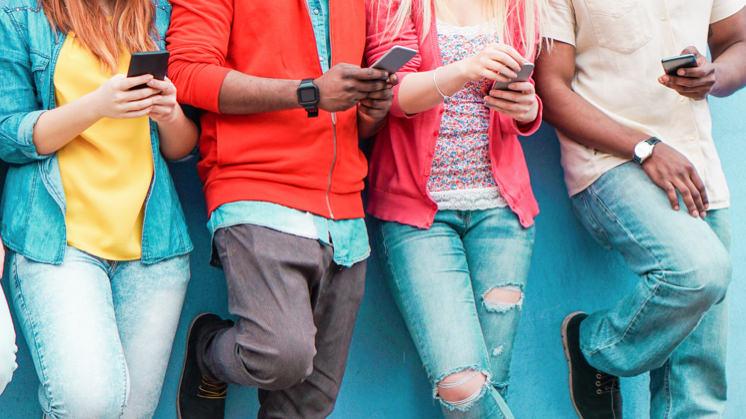‘PSYCHOLOGY’: A COMPLEX STUDY- 2
SOCIAL MEDIA ADDICITON- WHY IT IS HARMFUL
Causes:
- Social media addiction is a very prominent problem faced by many youngsters and teens. It is caused because our brains has a special ability to make us draw more to our phones. It releases a chemical called dopamine, which makes our brain happy and satisfied. It is located in the brain’s reward centre. If social media is highly used, it can overstimulate the trigger pathways similar to addiction.
- Social media addiction is also caused because of the youngster’s low self-esteem and sometimes, boredom and due to this, they try to build it up by getting likes. But in this process, the brain gets harmed.
- This reward circuitry puts individuals at risk of compulsive behaviours around social media use. When a person reencounters, a trigger associated with the pleasurable feeling, that person is more likely to engage once more in the addictive behaviour, unable to resist the thought of missing something important online.

Actions that show you are addicted to social media:
- Checking social media first in the morning and this action being the last you’ll do at night.
- Using phones while walking.
- Feeling stressed when the smartphone isn't to hand.
- Thinking that everyone else's life is better than ours, depending on what we see on the networks.
Causes:
- The most common negative consequence of social media addiction is anxiety and depression.
- Excessive social media consumption and activity induce fear of missing out on the latest and current trends.
- Excessive social media consumption negatively impacts physical activities and contributes to unhealthy lifestyle patterns.
- Sleep patterns get badly affected.
- Social media addiction can distract students from academic work, while working professionals may lose focus on work-related responsibilities and miss deadlines for important projects.
- A person who struggles with social media addiction often chooses to communicate through email, messaging, or social media rather than face-to-face. The lack of face-to-face communication can influence an individual’s empathy skills, as feeling empathy is best learned through social situations.
- As a person devotes a significant amount of time to social media, there is very little time left to do other activities that once brought satisfaction.

How to reduce social media usage:
- Track the amount of time you used for social media
- Turn off your personal phone during work, as well as during school, meals, and recreational activities. You can also adjust the setting on each social media app so you can turn off certain notifications.
- Take up a new hobby and devote your time to that.
- Another effective strategy is to turn off notifications for social media apps. This can help reduce the constant urge to check your phone for updates and prevent you from getting sucked into the endless scrolling loop. You can also set specific times during the day to check your social media accounts, rather than constantly checking throughout the day.


